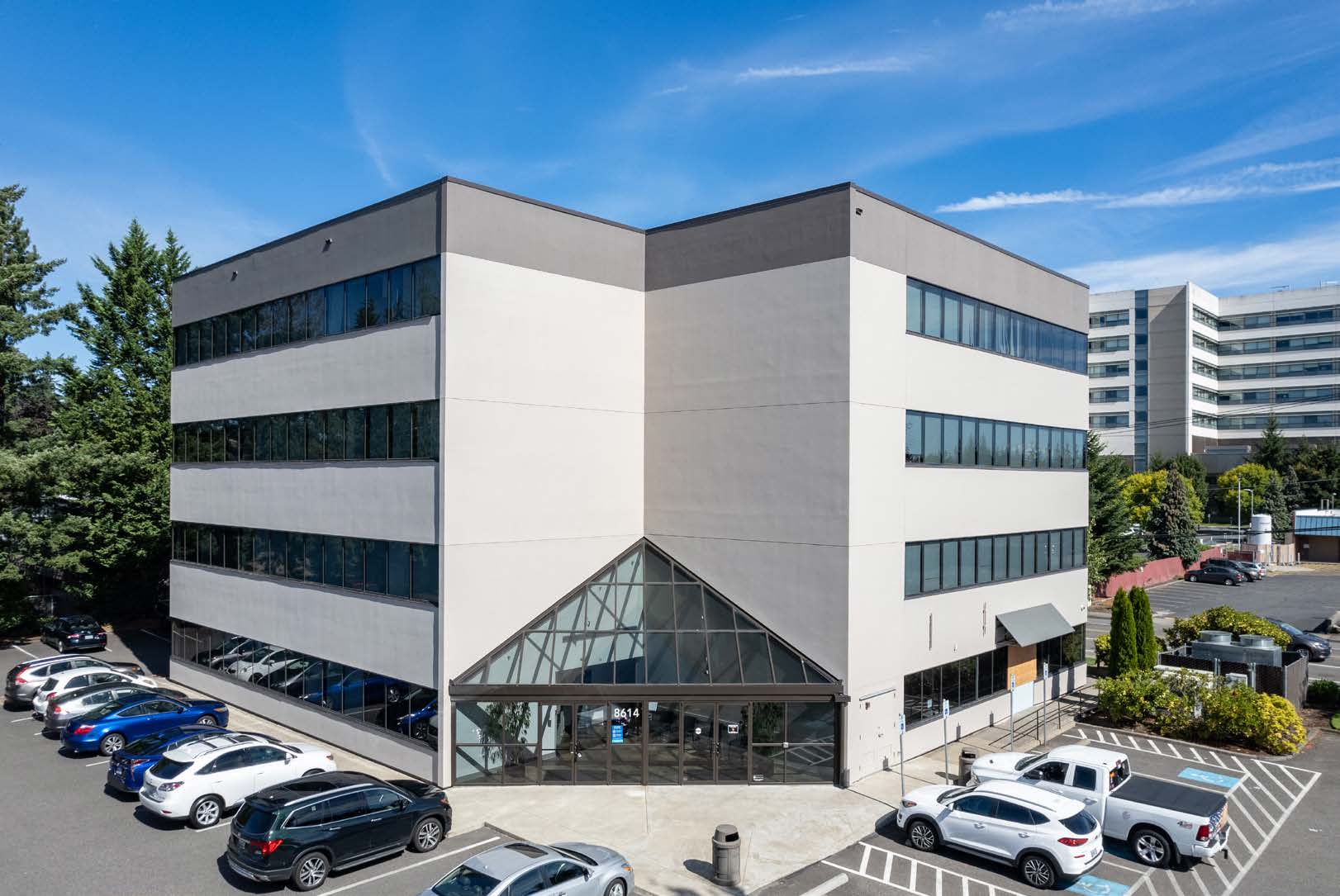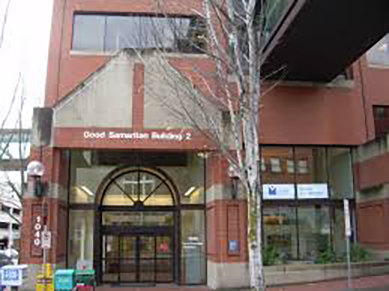Hernia Surgery
Hernias can occur anywhere on the abdomen. A hernia is a hole in the connective tissue of the abdominal wall. Once a hernia occurs, there is no way for the body to repair the hole without surgery. They typically enlarge slowly over time. While hernias are usually not dangerous, they can cause significant discomfort, and rarely intestines can get stuck in the hernia requiring urgent surgery. Hernias are very common, with over 1 million hernia repairs performed in the United States each year.
Hernia surgery has changed dramatically in the past decade.
With advances in robotic surgery, most abdominal hernias can now be fixed in a minimally invasive approach, which has been shown to improve patient outcomes. Our providers at Northwest Minimally Invasive Surgery are dedicated to performing laparoscopic and robotic hernia repairs. Many hernia surgeries are now performed as an outpatient procedure. Our surgeons are active members of the International Hernia Collaboration and the Americas Hernia Society. They are leaders in implementing the most advanced hernia care in the Northwest.
Please read more below regarding the type of hernia you might have.
For more reliable hernia information, feel free to visit americasherniasociety.org.
Our surgeons participate in the ACHQC, a national quality improvement initiative to better understand patient outcomes after hernia surgery. They will provide you more information regarding this database.
Inguinal (groin) Hernia
The most common hernias worldwide are inguinal or groin hernias. About 25% of men and 4% of women will develop a groin hernia over their lifetime. Our surgeons typically perform laparoscopic surgery to ensure proper coverage of the inguinal area. Laparoscopic hernia surgery is also shown to have faster recovery time compared to an open hernia repair. Mesh is used in inguinal hernia repair to lower the risk of recurrence.
Ventral Hernia
Ventral hernias are any hernia on the anterior abdomen. They include epigastric, umbilical, subxiphoid, and spigelian hernias. These hernias are usually spontaneous and occur at points of weakness on the abdominal wall. They can be repaired through a variety of techniques, including open, laparoscopic, and robotic repairs. Your surgeon will decide on the best procedure for you based on the size and location of your hernia.
Incisional Hernia
An incisional hernia is a hernia through a prior surgical scar. 20% of patients who have an open abdominal procedure develop an incisional hernia, although hernias can also occur through laparoscopic port sites. These hernias are fixed in a variety of ways, similar to ventral hernias. All of these repairs use mesh to reinforce the hernia repair and reduce the risk of recurrence.

